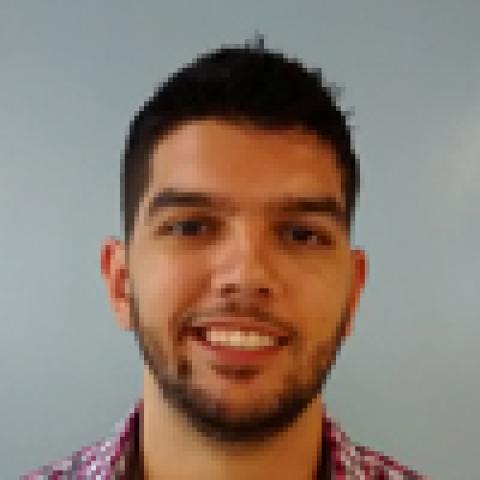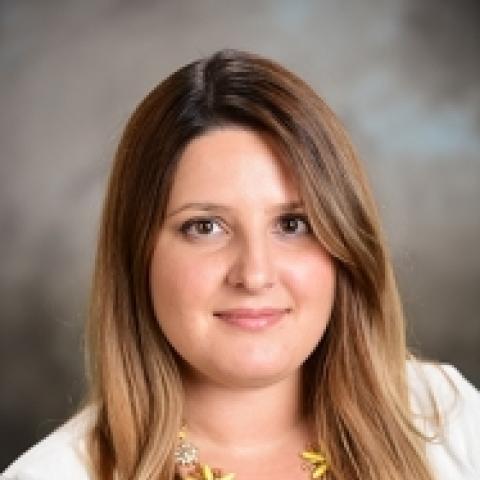Osvaldo Broesicke



Dr. Boukouvala is originally from Piraeus, which is the port of Athens in Greece. As the daughter of an airforce pilot, she travelled a lot with her family. Her first international move was actually to the USA, where she spent one year in Montgomery, Alabama. She later on lived in Riyadh, Saudi Arabia and Crete, Greece, before returning to Athens to get her B.S Degree in Chemical Engineering from the National Technical University in Athens. In 2008, she moved back to the US to obtain a PhD in Chemical Engineering at Rutgers University in NJ. She then worked as a Postdoctoral Associate in both Princeton University and Texas A&M University. In August 2016, Dr. Boukouvala returned to the South East US, as an Assistant Professor in the School of Chemical & Biomolecular Engineering at Georgia Tech.
Her research interest in Process Systems Engineering (PSE) started during her PhD years, where she worked under the supervision of Dr. Marianthi Ierapetritou, on modeling and optimization of continuous pharmaceutical manufacturing. Her background on optimization and data-driven modeling was enhanced during her years as a postdoc with the late Christodoulos A. Floudas. Dr. Boukouvala is a proud 4th generation member of the academic family tree of the father of PSE, Roger Sargent.
System Design & Optimization; Energy; Sustainability